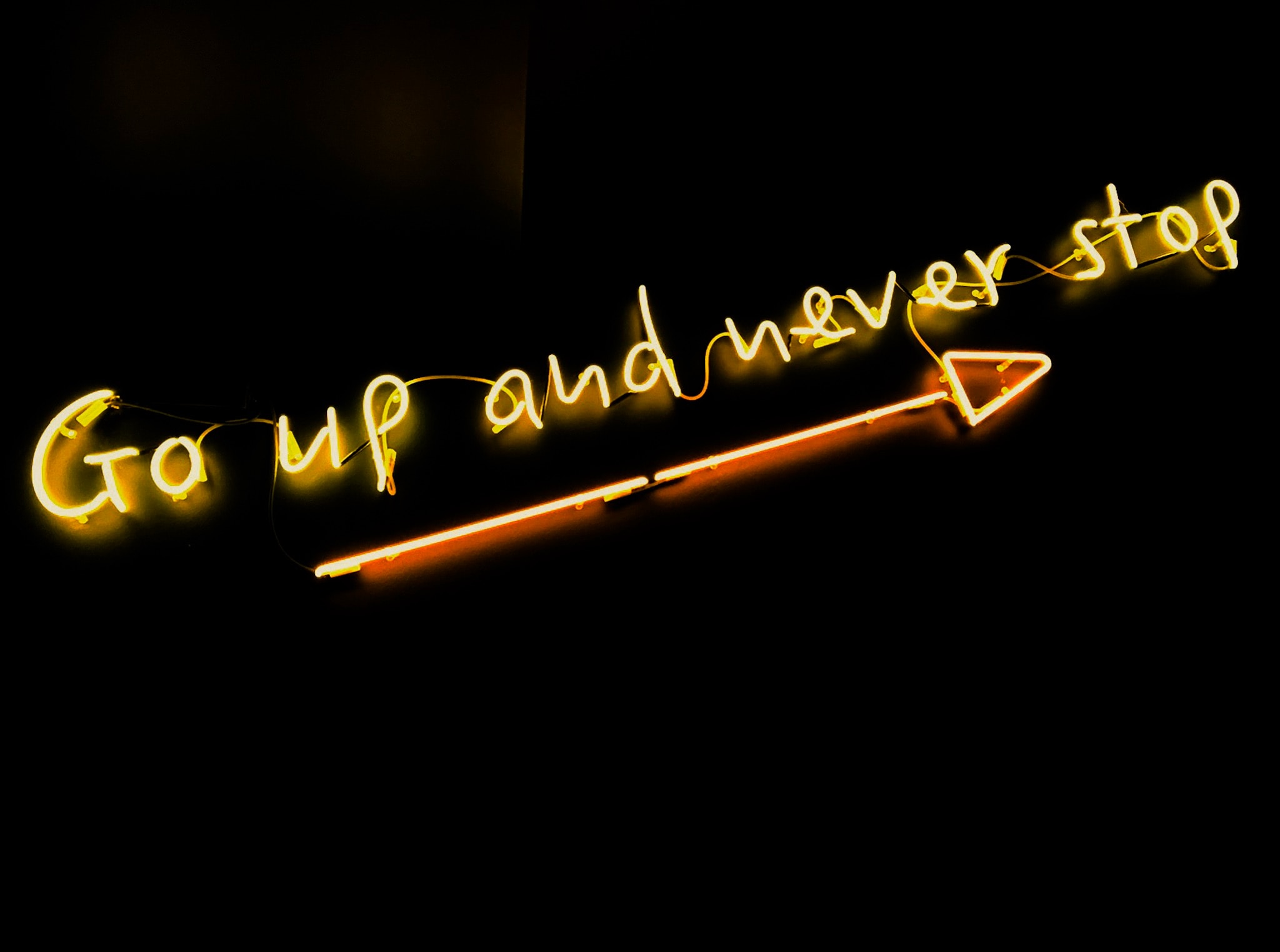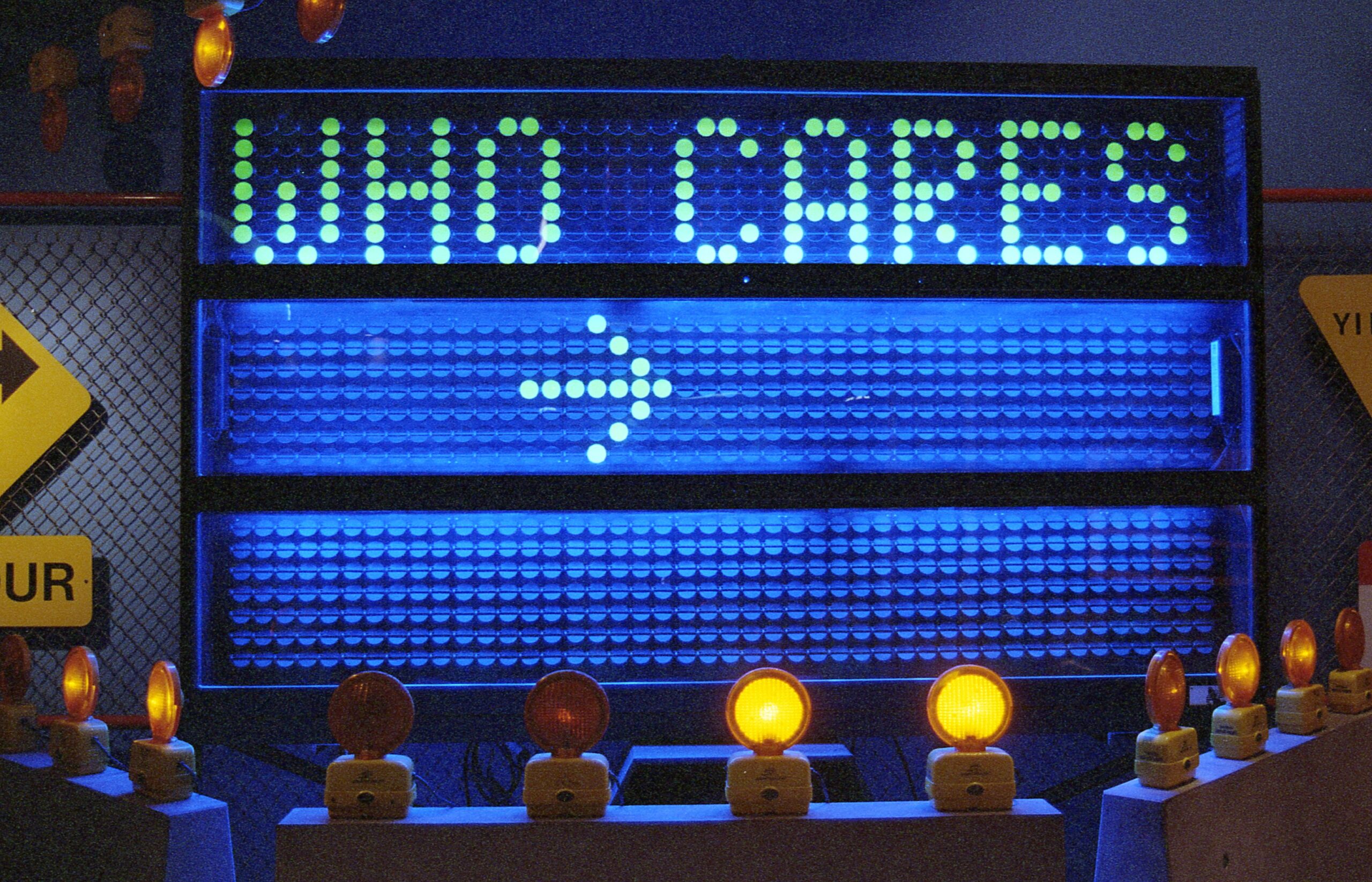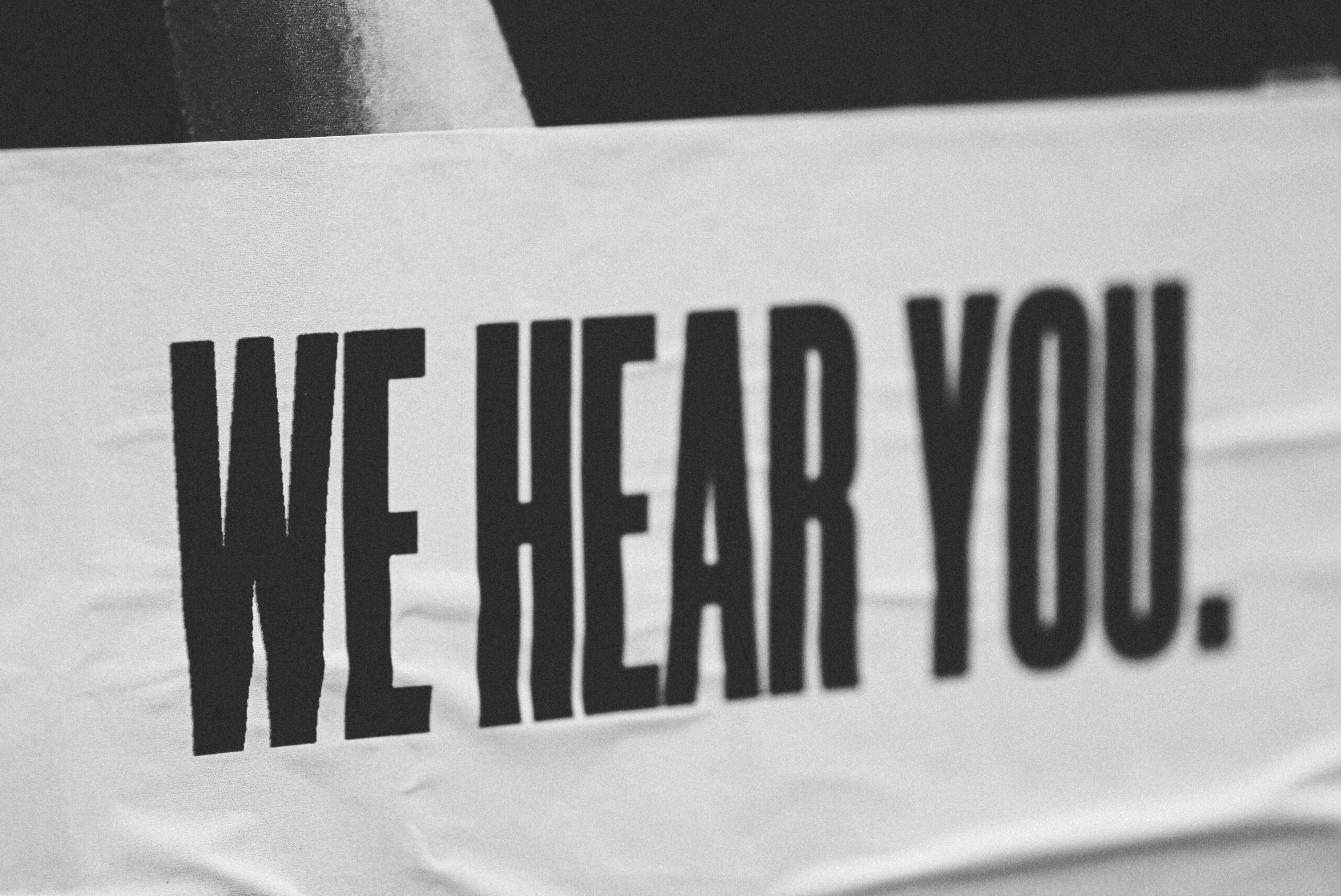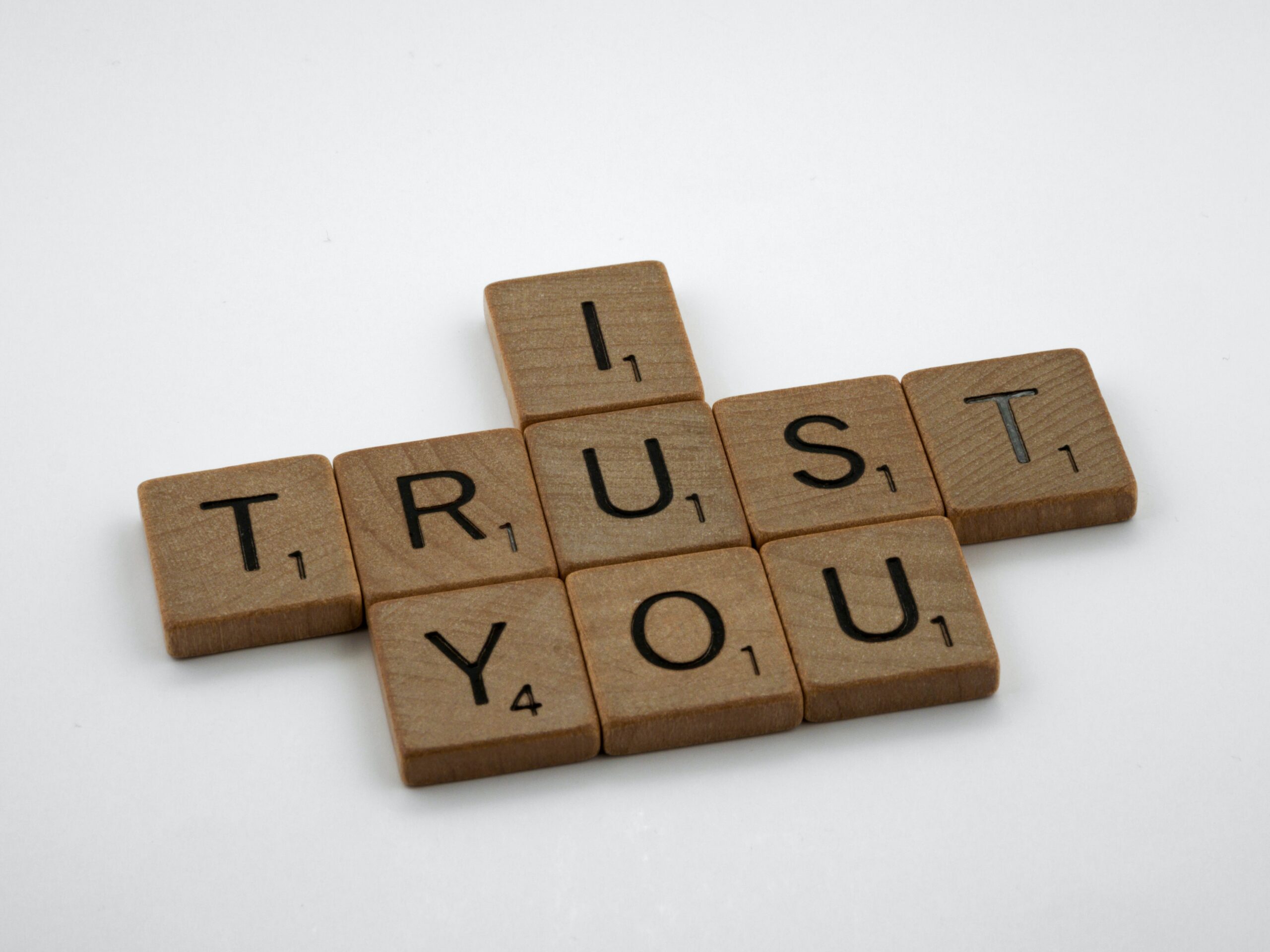
Emotional Intelligence, Leadership, Spirituality, Well Being
Want to feel more joyful? Think about this.
Our failure to know joy is a direct reflection of our inability to forgive. Charlotte Jojo Beck I came across this quote the other day and it caused me to really pause and think. As human beings, we tend to look at joy as something that’s attained once we’ve completed a series of steps. I see this a lot in my coaching practice. I’ll have joy when I get this promotion. I’ll be able to tap into joy when I no longer work for this horrible boss, or when I feel more confident in my skillset. I’ll have joy once I understand what my purpose and my true path on earth really is and have a plan for making it happen. It’s not wrong to seek change, to want to grow or to want to improve our circumstances. The problem is in thinking that “fix” alone will solve the problem of not having enough joy in our lives. Our mental construct often frames joy as something we must earn. The truth is joy is accessible now – in our imperfect lives, our imperfect careers, our imperfect leadership, our imperfect team and family dynamics. The issue is that we can’t often access it because we’re too busy blaming ourselves or others for the perceived problems in our lives. Forgiveness is often an inside job Beck’s quote speaks to the path we need to take to access what’s already available to us. And more often than not, the person we need to forgive the most is ourselves. Forgiveness is about letting go of the protective armor Or maybe anger and resentment is projected outwards at the people around us. We find ourselves locked into judgment and blame of others for the things they have done to us. The things we have been subjected to – unfair expectations, abuse, trauma, bad leadership, bullying, being taken advantage of. The list could go on and on. Perhaps it shows up as passive aggressiveness or full blown aggressiveness with others. Or maybe avoidance. Forgiveness begins with the intention to let go of the armor of blame and defensiveness and a willingness to touch the vulnerability that sits underneath the anger. Perhaps it’s the shame of having been humiliated publicly. Or of having been abandoned and feeling isolated and unwanted. Or the regret and shame of not standing up for ourselves with a difficult person. When we can face that vulnerability and meet it with compassion and love for ourselves, we find ourselves on a much more joyful path. For a long time, I carried a lot of anger and resentment about a previous work situation. It was years ago, when I had just transitioned my career, and found myself in a situation where I had been set up to fail. It wasn’t until I really leaned into the feeling that was sitting under the anger – humiliation, and allowed myself to feel it without trying to push it away, that I could let it go. […]
June 20, 2024
|
4.4 min read

Emotional Intelligence, Leadership
The Scary Side of Success
One of the practices I often have leadership trainees do at the beginning of a session is to check in with how they’re feeling. I use a wheel of feelings that has 70-80 different emotions listed. And you may be wondering why – what would be the point of taking up valuable time to talk about feelings, especially when there is so much content to cover? Just get on with it! We often ignore emotion The problem is just that. We often ignore what we’re feeling, push it down, disregard it and just get on with it. But the feeling still comes with us. And what we don’t acknowledge often comes out sideways. Let’s say the crap hits the fan because of a recurring problem with a customer. A problem that you told them was fixed. Now you’re in a bad mood because you’re going to have to eat crow with your stakeholder and then you find yourself in a difficult conversation with a direct report to address the issue. You get triggered and can’t maintain your cool. Now you’ve alienated your direct report, and the customer is mad, and the problem still isn’t fixed. Doh! Or perhaps the feeling isn’t anger but stress and pressure. I’ll use myself as an example for this one. Over the past few months, I’ve been sicker than I’ve been in ages. It’s been extremely stressful coping with that while trying to keep all the plates in the air spinning, and I’ve been worried about my body’s ability to bounce back – something that has never troubled me in the past. I’ve been carrying so much heaviness in my chest and feeling utterly exhausted. I’ve found myself sighing out loud multiple times a day. And I kept ignoring it because I had too many things to do. Foolishly, I was ignoring my own advice. I looked at the feelings wheel the other day and decided to finally lean into it, rather than push the stress and overwhelm to the side. We push stress aside at our peril I’ve often been told that I’m very good at maintaining a façade. That I appear to have everything under control, I appear super calm on the surface, and I never need to ask for help. But looks can be deceiving. I started writing down a list of all the things that have been stressing me out over the last year – and it ended up being a very long list. A lot of it related to work, some to family, some to friends. And a lot of the work-related things were positive. More clients than I could handle, different types of work, expanded scopes, more interdependencies, expanded projects. But even the good stuff can bring stress. And yet I didn’t allow myself to acknowledge it, because the mindset of a coach should be that this is all so wonderful, and I should be positive all the time. I should see everything as an opportunity and never have […]
October 6, 2023
|
5.1 min read

Career Coaching, Mindfulness, Motivation, Well Being
Is the Trick in Life Not to Care? Kind of…
We tend to focus a lot on outcomes in our society. Outcomes are how we evaluate success. That project didn’t achieve the stated outcome, so we brand it as a failure. The business is no longer a going concern, so it’s a bust. Maybe we don’t get the promotion we were longing for, or a particular dream job, and we make ourselves miserable thinking about what could have been. What should have been. Focusing solely on outcomes is a recipe for misery I realize this headline may sound ironic coming from a woman who in a former career was responsible for pulling together performance dashboards and kpi updates, but I’ve found it to be true. For many of us it would behoove us to embrace the Buddhist concept of non-attachment. Which isn’t the same as not caring or becoming apathetic. Let me share an example of what I mean by this. I love what I do as a career and leadership coach and facilitator. In many ways I look at it as a vocation, rather than a job. I’m deeply attached to the purpose of enabling and helping others to be effective and to develop clarity of purpose, compassion for self and others and confidence. But my work in this space can feel like heaven, or it can also feel like hell. And a lot of the difference has to do with how attached I am to certain outcomes. Any job can be heaven or hell Take career coaching for instance – there have been occasions when I’ve been sucked into my client’s outcome, that attachment to finding the perfect job or the perfect career (even though I emphatically assert there is no perfect job or career!). I become aware of when that happens because I start noticing a few things. I start worrying more than usual about my client interactions. I worry they’re not getting enough out of the coaching process, or what they would say about me as their coach. I start to worry about my reputation and whether I’ll get a bad review. If it gets extreme, I start judging myself – maybe I should have suggested this or that. I even start questioning my credibility as a coach. And when that happens, I find myself violating my own rules as a coach, because I move from curiosity and inquiry into tell mode. I lose sight of the fact that my role as a coach is to facilitate the process and instead try to drive the outcome. In essence, I get overly attached to the client’s outcome and as a result make myself miserable and drive myself crazy. When I practice non-attachment that same interaction can look and feels very different. The reason it feels so different is because I’m not attached to the outcome, and if I’m not attached to the outcome I can rest fully in the present moment. I’m not worrying about the question I just asked and whether it was good enough. I’m […]
September 28, 2023
|
4.6 min read

Communication, Leadership
The doing versus the being of listening. There are no shortcuts if you really want to connect with people.
“My boss says all the time now, ‘I hear you,’ when I’m telling them something. But the problem is, do they really? It feels like they’ve been on a leadership course, and this is something that they’re trained to say. Is this the case? Is that what you’re teaching people these days?” I don’t blame her for being upset. When I hear things like this, I want to bang my head against a wall. It’s a perfect example of hearing something in a leadership class, and then applying it on autopilot as a box tick exercise. People aren’t stupid, and they can always smell when someone isn’t being authentic and is just going through the motions. I’ll just say the things they tell me to say. And that will get the result I want. Wrong. Leadership skills aren’t meant to be a crash course in manipulation. And even though I often say leadership is more about who you are being than what you are doing, there are still so many folks who show up to a course looking for a quick tip or trick that will miraculously transform a relationship without putting in the hard work. The doing versus the being of listening Let me explain what I mean by doing and being. Doing – is about developing leadership skills and practising them until they form new habits. It takes persistence, practice, and hard work. These could be skills pertaining to having feedback conversations, listening skills, performance conversations, delegating tasks, coaching, giving presentations, time management. These are some of the skills related to successful leadership and we must practice them, as the more we practice the more leadership competency we build. Practice makes better. Being – is a journey of leadership self-exploration. When we are more self-aware and accessing our Learner Mindset we can manage our well-being, build stronger relationships, innovate, and deliver higher performance levels. Being is about how you are showing up. Are you just going through the motions, or do you really care about your employees, the team, and the work product? If you value things like integrity, is that visible to others in our behaviour? Would others describe you as a person with a high degree of integrity? The question I often ask leaders to explore this aspect of beingness is “Why on earth would anyone follow you?” It’s meant to be provocative, because there is often a disconnect between how we want to be perceived and how our beingness is landing with others. So back to my participant’s question. One of the skills that I often illustrate is acknowledging and validating what you’re hearing another person say. That goes way beyond parroting a phrase like, “I hear you.” Here’s what I said to that participant: “It sounds to me that you’re frustrated. And it makes perfect sense that you would be because I’m hearing that authenticity is important to you. You wonder whether your boss is paying attention, or just parroting something they’ve been told […]
September 14, 2023
|
4.1 min read

Leadership, Motivation, Productivity
When work feels like a daily grind, think about this…
The last few weeks have not been the easiest. I’ve got a condition in my inner ear, that when it flares up, I have an on again off again low-grade fever and get dizzy, where every day I’m on a boat that is rocking in the wind as I try to do my best to coach, facilitate, or do whatever it is I’m tasked with. Not fun. And then things pile up, I get stressed, I try to exercise self-care and ask for what I need, reschedule where I can, show myself some much-needed compassion and empathy. But as you know, these things aren’t easy, especially when you run a business. All this to say that some things fell off in the shuffle last week, which included this blog. And at that time, I practiced compassion and told myself it was okay, that in every life a little rain must fall, and took the opportunity to congratulate myself on my fine efforts up to this point. Which is all well and good. Yay me. And this week I’m still muddling through as the dizziness isn’t gone yet and heard a pesky little voice ringing in my ear, the voice of the workhorse, full of type A authority – “Pull your head out of your rear Shelley, and just get the blog done!” And guess what happened? Absolutely nothing. I started looking for ways to procrastinate. My mind was filled with anything else I could do, and I really do mean anything else. Taking out the trash, scrubbing the toilets, making a grocery list. I was really scraping the bottom of the barrel to be sure. Why? Because it felt like a grind. A soul destroying, sucking daily grind. And who can easily muster energy for the daily grind? We unknowingly create our own daily grind And then I remembered the fundamental lesson on why it’s important to approach life more focused on the journey than it is the destination. Or in other words, the being is just as (or even more important) in life than the doing. So often in life and leadership we’re focused on the latter. I’ve just got to get this deliverable out the door. Make another phone call, send another email. Complete another performance review. Give another presentation. And then I can relax. I’ll have more time later to think about things and enjoy things. But the problem is we never do. This is how we fool ourselves. And then we wonder why we feel so empty, and life just feels like an endless daily grind of one thing after another. I’m not saying reframing this is easy by the way, we live in a world that rewards output and productivity. We set ambitious targets for revenue, we set stretch goals, we live in a VUCA – volatile, uncertain, complex, and ambiguous world where everything needed to be done yesterday. And I’m also not saying that we shouldn’t get goals or visualize success. As a coach […]
August 17, 2023
|
5.2 min read

Leadership, Mindfulness, Relationships
How Trustworthy is Your Leadership?
In a class on leadership I was facilitating last week, we ended up talking a lot about trust. A worthwhile endeavor for sure. I recall years ago when I read Stephen Covey’s book, The Speed of Trust, which highlighted how building an effective foundation of trust enables work to happen much more quickly, efficiently and effortlessly than it ever would if trust was lacking. A low trust environment can lead to burnout When we think about the relationships in our life – personal or professional, we often evaluate them based on whether we think we can trust the person. “I don’t trust him as far as I can throw him.” This is especially important if you’ve ever worked for a leader you didn’t think you could trust. My virtual office is often full of career and leadership coaching clients experiencing burn out due to prolonged exposure to an untrustworthy leader or team environment. And it takes me back to times in my career where I felt like I was walking on pins and needles all the time, lest I upset the apple cart. It takes a toll. Especially on our bodies, as we often find ourselves in a state of hyper alert all of the time. The fight or flight response is constantly triggered, stress hormones like cortisol are constantly pulsing through our bodies, and at some point we finally crash and burn. A simple equation for building trust Folks often pontificate about the importance of building trust, but few get into the nitty gritty of how you do it. And it’s more than just being knowledgeable in a certain skill or topic area. Competency and credibility are important, but it isn’t the whole equation. And there is an equation for trust by the way. I ran across this simple trust equation years ago, and here it is: C + R + I _______ S.O. The trust equation explained C stands for Credibility. Or in other words, “I can trust what she says about x…”. Do you know your stuff? Have you built the technical skills and competencies for the task at hand? Do you have the necessary leadership skills and competencies to guide your team, things like giving feedback? Setting a vision? Delegation? Holding others accountable? R stands for Reliability. Or in other words, “I can trust she will follow through.” What’s your level of integrity when it comes to follow through currently? Do you make promises you have no intention of keeping? Or perhaps you have every intention but you find yourself saying yes to every request that crosses your path. You overpromise and underdeliver. Good intentions are wonderful but will ultimately snooker you if you can’t come up with the follow through. I stands for Intimacy. Or in other words, “I can trust I can come to them with my concerns and problems.” To what extent are you an approachable leader? Do others seek you out for your counsel and your advice? How effective are you at […]
June 20, 2023
|
5.4 min read
mindfulness
Shelley Pernot, otherwise known as the Irreverent Guru of Mindfulness, muses on life, leadership and everything in between. Your one stop shop for career tips, leadership tips and daily inspiration!

It was a privilege to work with Shelley as my leadership coach! The process was structured and yet flexible enough to meet needs as they arose. Shelley helped me to grow, learn more about myself, and to really achieve what I set out to accomplish. We worked on planning, navigating a promotion successfully, and so much more! I experienced many successes as a result of working with Shelley, she has great resources, knowledge, and really helps with setting the foundation to this coaching work. She won’t let you down!
Stacy Campos
Regional Coordinator
Having the opportunity to have Shelley as my Leadership Coach could not have come at a better time in my career. I was recently promoted to CFO and was new to the Senior Management Team. Shelley helped me navigate joining the team as well as helped me to determine who I wanted to be as a leader. The Leadership Circle Profile helped our team to discover our blinds spots and to be able to understand each other better. Working with Shelley not only has affected my professional life in a positive way, but also my personal life. She helped me take leaps and has given me the resources to continue this journey of self-improvement. If you’re looking to find more about yourself and how you can be the best version of yourself, I highly recommend working with Shelley.
Kristen Spedale
CFO
I have been working with Shelley for the past 2 years on my leadership development journey. What I thought would be a straight line, I soon learned with Shelley’s guidance, was a winding path with several ups and downs along the way. Shelley supported me as I took a deep dive into my professional and personal history and learned how it affects my approach and my perceptions. She helped me to slow down and recognize certain behaviors and understand that I can pivot in the moment or try again next time. Ultimately, my work with Shelley turned out to be so much more than what I expected. Her approach to coaching was exactly what I needed.
Nicole Naassan
Senior Vice President, Consulting
I’ve learned more about leadership in the past six months working with Shelley than I have in my 10+ year career. She is an incredible coach with many tools in her toolbox. The guidance and mentorship I’ve received from Shelley has been life-changing. She will challenge your limiting beliefs and inspire new ways of thinking.
Margaret Soltis
Creative Director
I highly recommend Shelley if you need a coach, thought partner, and guide as you consider the next steps in your career. She provides practical tools and advice to help launch your career exploration, but most importantly, she is an expert at helping you cut through the noise of your limiting beliefs. At the end of our time together, I had a much clearer vision of what I wanted in my life and a plan to make it happen. My only regret is that I didn’t find her sooner!
Elizabeth Magnus
My career coaching sessions with Shelley have brought me back to living. It’s been contagious, spreading throughout my personal and professional life. I now have the building blocks I need to continue setting healthy boundaries, the freedom to show up as my authentic self, and an adaption of a growth mindset that has allowed me to make bold decisions and try new things. I’ve discovered that there’s always another way and how to eradicate barriers that lead to tunnel vision. These sessions with Shelley have been a great gift and have given me the momentum I need to continue the journey to be my best self.
Teasha Houston
Art Director
It is amazing to think where I was only 10 months ago when I first started working with Shelley and where I am now. Not only professionally but mentally and emotionally. Shelley helped me navigate out of an unhealthy work environment by challenging me and asking me those tough questions we never seem to ask ourselves. What are the values of a true leader? How do those values align with my own? Shelley challenging me and guiding me through some of those tough questions is what led to my epiphany and me having the courage and confidence to leave an environment that threatened my well-being. She taught me how to become more self-aware and self-compassionate. Reminded me to be kind even when the world would understand if I did otherwise. And the biggest one for me, shutting down that crazy inner voice (we all have it!) and replacing it with being present. Shelley has armed me with tools that I will carry with me for a lifetime. Tools that will help me to continue to grow and learn. Life can be hard but working with someone like Shelley does make it easier. She will help you navigate the good and the bad and you’ll learn so much about yourself in the process.
Michele Feria
Director of Marketing
First of all I would like to say that I would recommend Shelley to anyone needing career guidance. As my counselor Shelley helped me transition my career from bartending to Tech Sales which was a difficult and scary transition for me. From the start Shelley was fantastic. Initially I had no idea of which direction I wanted my career to go, I just knew I wanted it to go somewhere else. Shelley was so kind and patient as she helped me figure this out, and gave me a step by step guide on how to explore my options and make an educated decision. She also helped me assess my skill set which played a large part in directing my energy. I landed a great job within days of my final session with Shelley, and now I’m month 3 I am absolutely loving it and doing very well. It was the perfect job for me and Shelley was the one that got me there. Working with Shelley was one of the best decisions I have ever made, she literally changed my life and I am so much happier for it.
Russell Boxer
Account Executive
